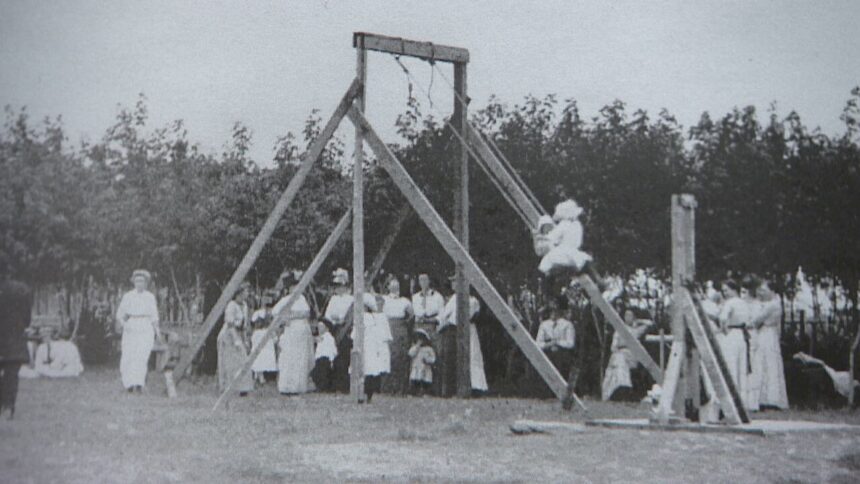There’s something almost poetic about the collision of summer’s end and the heightened passion of rivalries that have simmered for generations. As the calendar turns to September and the air carries the first whisper of autumn, Canadian football reaches its emotional peak with a tradition that has become woven into our national fabric.
This year marks the 60th anniversary of the Labour Day Classic—a milestone that deserves reflection not just for sports enthusiasts, but for anyone interested in the cultural touchstones that define Canadian identity.
The Classic isn’t merely a game; it’s a ritual that transcends sport. For six decades, these Labour Day matchups have provided the backdrop for family traditions, community celebrations, and the kind of provincial rivalries that make Canadian football uniquely ours. The Saskatchewan Roughriders facing the Winnipeg Blue Bombers, the Hamilton Tiger-Cats battling the Toronto Argonauts, the Edmonton Elks clashing with the Calgary Stampeders—these aren’t just games, they’re annual ceremonies that mark time in Canadian communities.
“These games have become cultural institutions,” explains sports historian Dr. Robert Thompson. “They sit at the intersection of sport, community identity, and shared history. When generations of families attend these games together, they’re participating in something larger than themselves.”
What makes the Labour Day Classic particularly special is its timing. Positioned at summer’s end, these games serve as a transitional ritual—a collective farewell to summer leisure and a greeting to the structure of fall. The stands fill with fans in team colors, faces painted, wearing decades-old jerseys passed down through generations. Some attendees can recall Classic moments from the 1970s with the same vivid detail as last year’s dramatic finish.
The longevity of this tradition speaks to something fundamental about Canadian culture. In an era where entertainment options multiply endlessly and attention spans diminish, the Classic’s continued resonance is remarkable. Perhaps it persists because it offers something increasingly rare: an authentic, unplugged community experience that connects us to both place and past.
“What other annual event brings three generations of a family together in one place, all feeling the same emotions simultaneously?” asks cultural anthropologist Marie Lessard. “These games create shared memories and narratives that strengthen community bonds in ways few other experiences can.”
The Classic has evolved over its six decades—from the mud-spattered battles of the 1960s to today’s precision-engineered spectacles—but its emotional core remains unchanged. When the Tiger-Cats take the field against the Argonauts, they’re not just continuing a sports rivalry; they’re reenacting a cultural ceremony that predates most fans in attendance.
That’s not to suggest the tradition hasn’t faced challenges. Television viewership patterns, changing entertainment preferences, and competing leisure activities have all threatened to diminish the Classic’s cultural footprint. Yet somehow, against contemporary odds, attendance figures for these games remain strong, and the emotional investment seems undiminished.
The resilience of this tradition offers a lens through which we might examine other aspects of Canadian cultural life. What makes certain traditions endure while others fade? The Classic suggests that longevity requires a combination of authentic community connection, emotional investment, and the ability to evolve without losing essential character.
As we celebrate this 60th anniversary, we’re not just marking a sporting milestone but acknowledging a living cultural artifact—one that continues to create meaning and connection in communities across the country. Whether you’re a dedicated CFL fan or someone who’s never attended a game, there’s something profoundly Canadian about a tradition that has quietly persisted for six decades, bringing communities together through celebration, rivalry, and shared experience.
In an age where much of our cultural life feels increasingly fragmented and digital, perhaps we should view the enduring appeal of the Labour Day Classic not just as a quirk of Canadian sports culture, but as a reminder of our collective hunger for authentic community experiences that connect us across generations and differences.
For more insights on Canadian cultural traditions, visit CO24 Culture or explore evolving social patterns at CO24 Trends.










